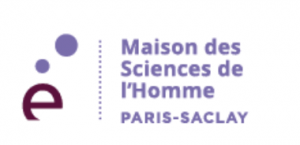Collective projects
France Canada Research Fund Call for Projects
The France Canada Research Fund is a major instrument of Franco-Canadian scientific cooperation, created in 2000 through an agreement between the French Embassy in Canada and a consortium of 23 Canadian universities.
In twenty years, the FCRF has financed over 400 collaborative research projects. The FCRF is currently made up of 23 member universities and supports around 20 new projects each year. These projects are led by French and Canadian teams collaborating for the first time.
Appel à Projets de Recherche Alliance Europa
Cet appel a pour ambition la constitution de réseaux de recherche internationaux aux potentialités d’effet levier marquées, susceptibles à terme de répondre avec succès aux appels lancés par les programmes de financement de la recherche nationaux, européens ou internationaux.Ces réseaux devront proposer des projets scientifiques s’intégrant dans les enjeux prioritaires 2020-2023 de l’Institut :
Building a future science and education system fit to deliver to practice
Specific Challenge
Transition towards more sustainable agriculture, forestry, food and bio-based value chains, equipped to face the challenges ahead, requires a renewal and strengthening of the technical and soft skills of all concerned. Along with ensuring delivery of peer-reviewed output from practice-oriented research, this will contribute to an efficient and interactive agricultural knowledge and innovation system (AKIS).



